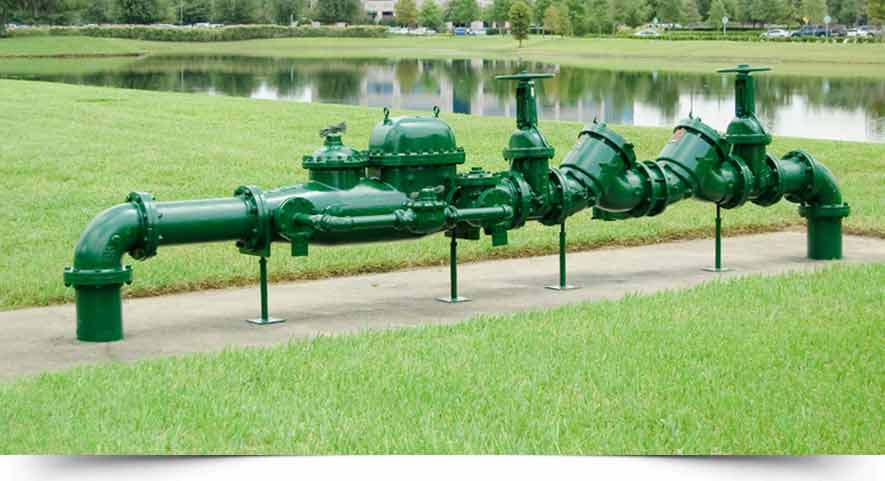Backflow Testing & Certification

Don't wait until it's too late
Backflow testing and certification is a topic that many people think nothing about until it's too late. Don't let yourself get caught facing liabilities that you didn't even know existed! Polluting a community's drinking water supply can bring serious and unpleasant consequences. On the other hand, having your backflow devices evaluated by a competent person can eliminate these potential liabilities. Trust Pete Black Plumbing for your Livingston County backflow testing and certification services. We are licensed, trained, and experienced. Call us today to schedule your consultation.
What is backflow?
A backflow occurs when an event causes the water in the distribution system to flow backwards in the pipes, often resulting in water or chemicals from external sources getting into the system and contaminating it. This can happen if the pressure on the water supply line drops and allows outside fluids to siphon into the water line.
Imagine, for example, a garden hose being used to mix pesticides in a tank and there is a break in the water line upstream. The resulting loss of pressure would cause the contents of the pesticide tank to siphon back into the water pipes through the garden hose if there was no backflow preventer in place.
Another possible scenario is when high pressure pumps that are connected to the water supply overcome the incoming water pressure and force the water to flow backwards through the piping, taking unwanted liquids with it.
Why is backflow testing important?
Backflow testing is important to protect the integrity of the drinking water supply by ensuring that contaminants do not inadvertently enter the water distribution system. Failure to arrange for the testing at the appropriate intervals puts one at risk of enforcement action as well as having the water disconnected until the issue is resolved.
There would also be a high likelihood of civil liabilities if an event happened to contaminate the water supply and made people sick. With no backflow prevention in place and/or no documentation that testing was conducted as required, there would be little legal ground on which to stand.
Whenever there is a risk of cross contamination between the drinking water supply and an external system, backflow testing is vital. Regardless of the legal requirements, it is simply the right thing to do.
What is the testing process?
Testing involves the use of gages that are inserted into the backflow prevention valves and checking for high or low pressure. It is not a do-it-yourself project due to the level of training that is required not only to conduct the test properly, but also to interpret the data correctly. From a practical standpoint, it is not feasible for someone who does not test these devices for a living to invest in the equipment. Contact us and we can go over the details with you and help determine what is best in your particular situation.